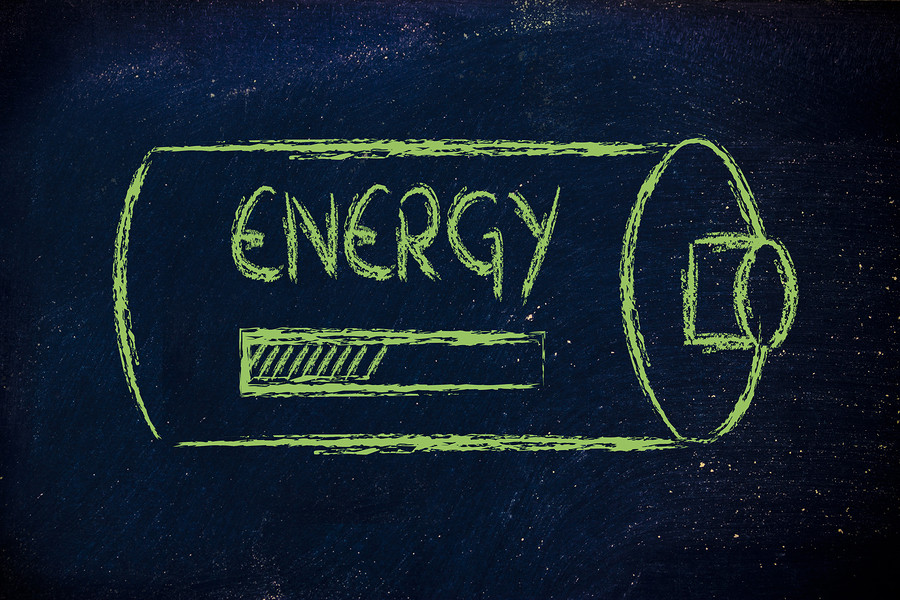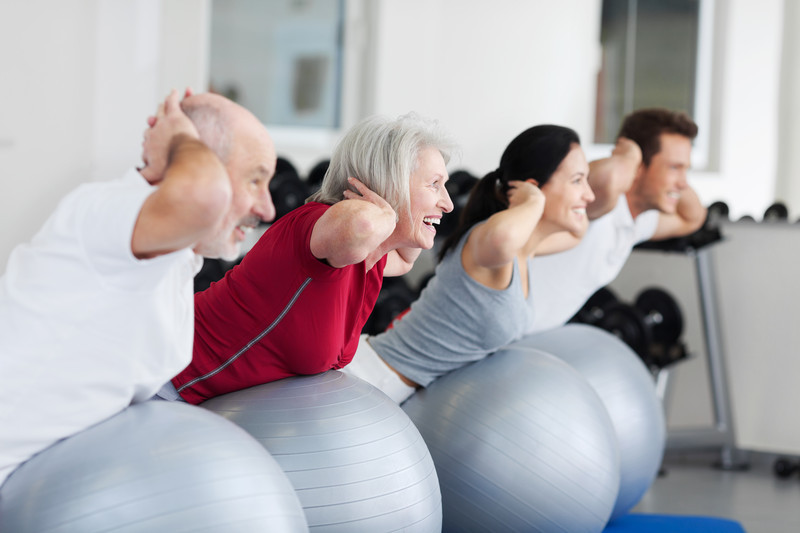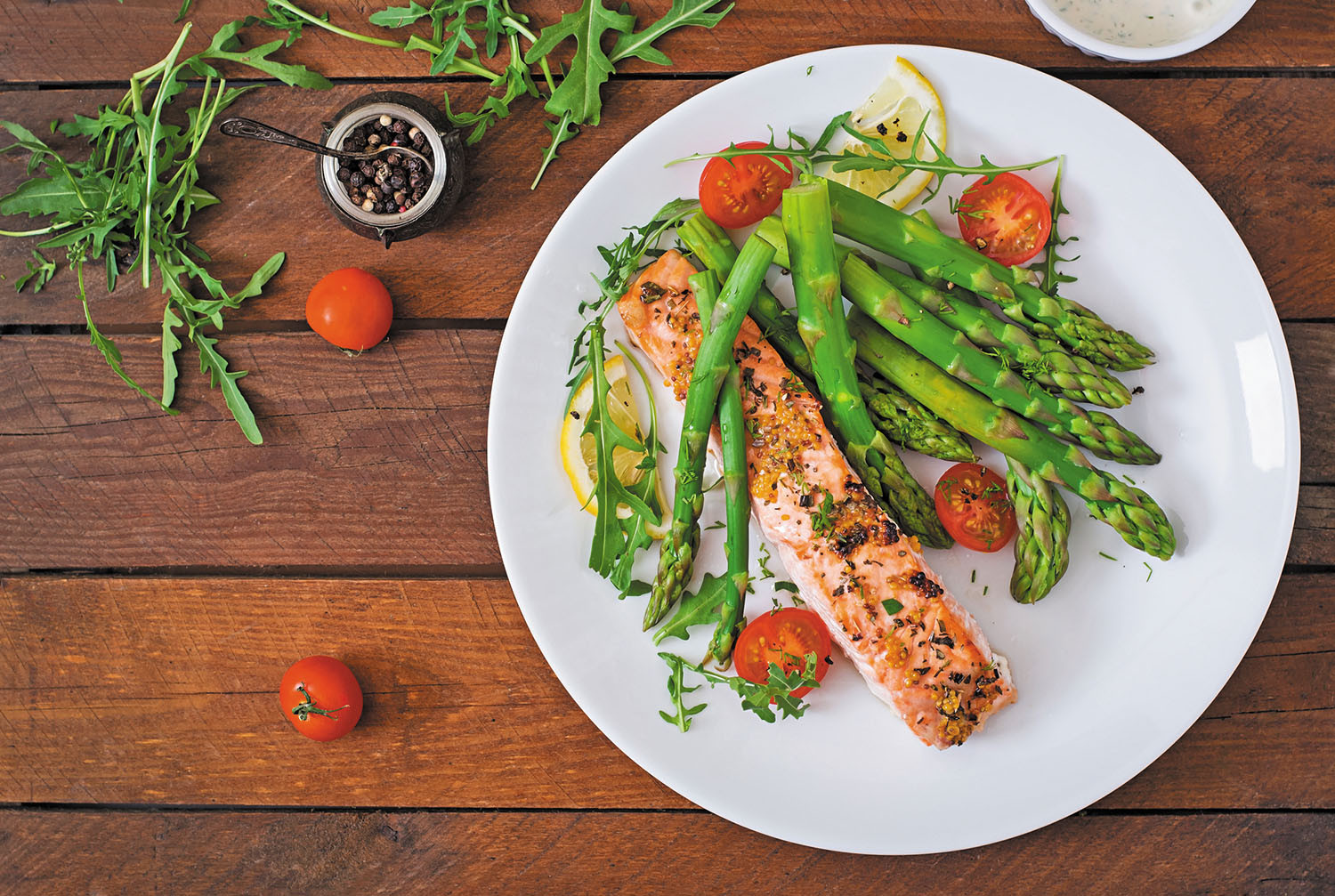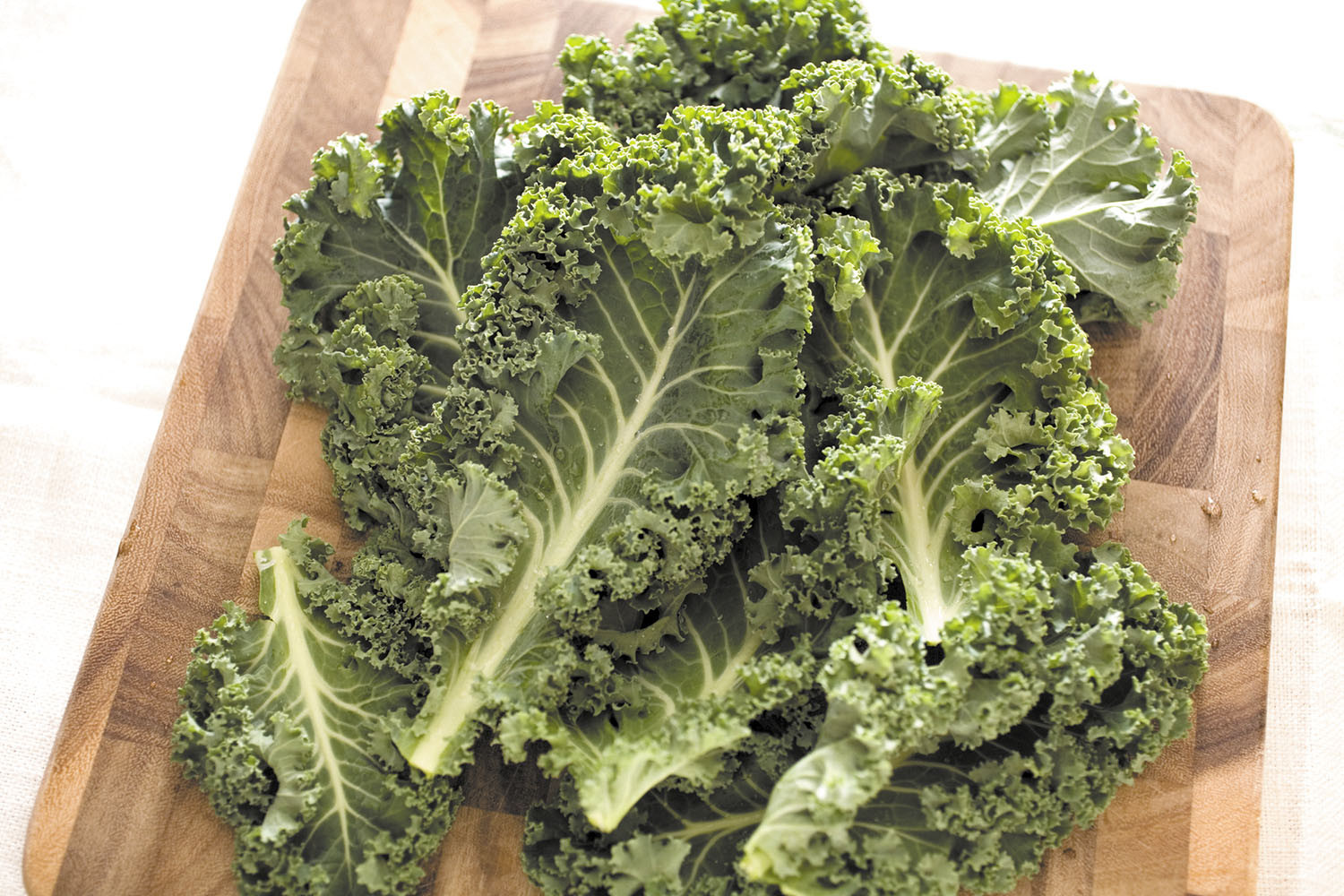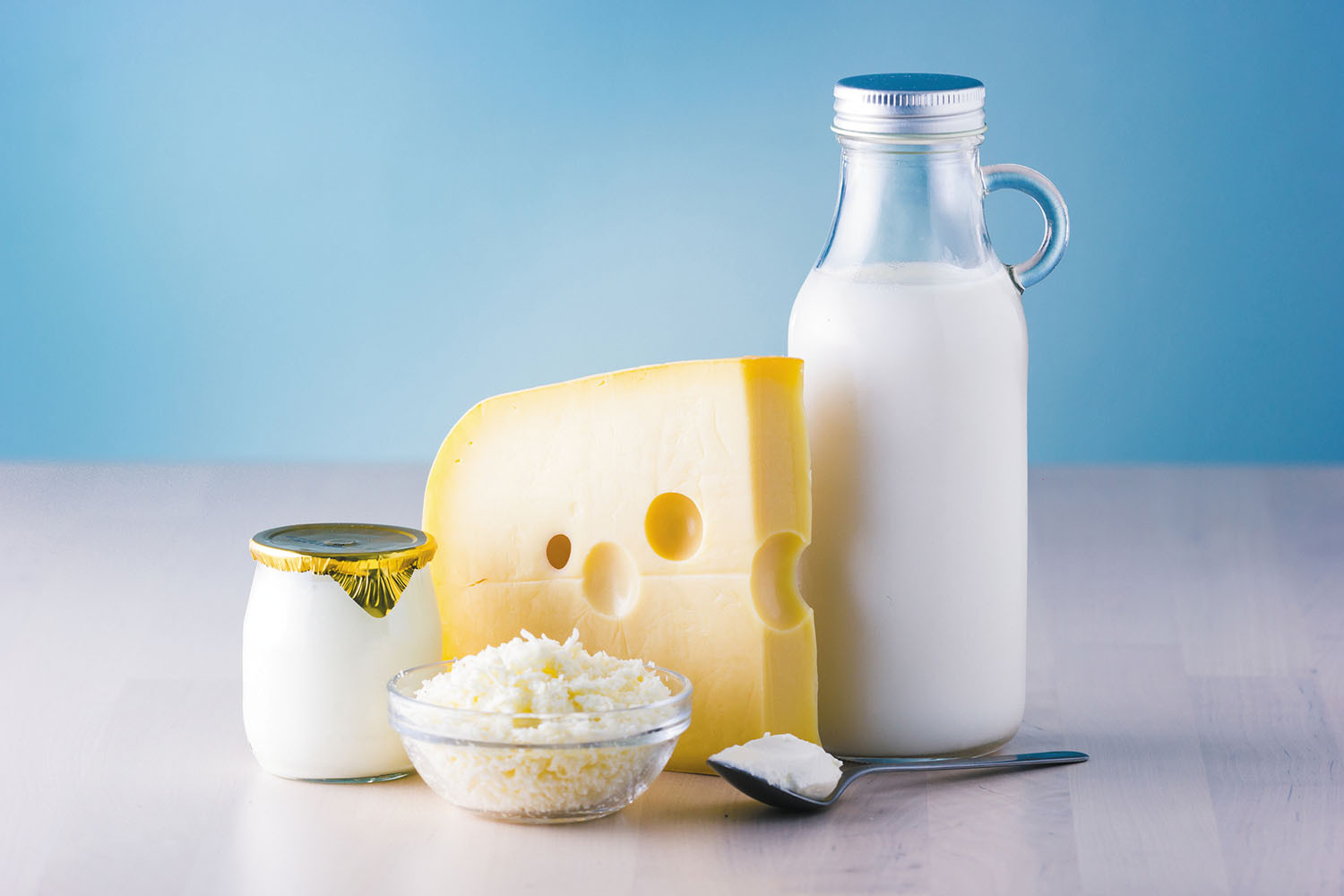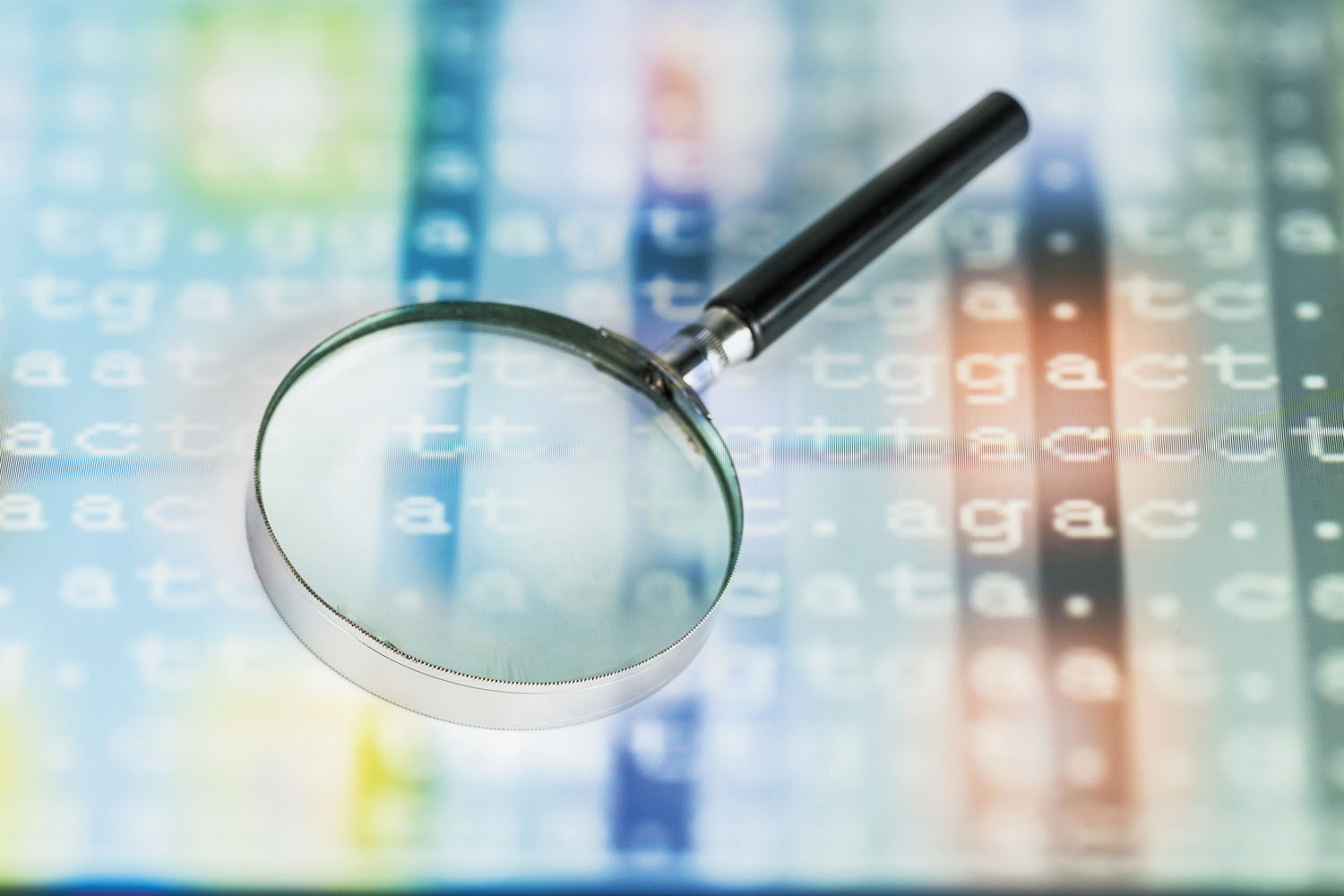
Counting steps is good — is combining steps and heart rate better?

Appendix pain: Could it be appendicitis?

Can saw palmetto treat an enlarged prostate?

How does Ozempic work? Understanding GLP-1s for diabetes, weight loss, and beyond

Zinc: What it does for the body, and the best food sources

Respiratory health harms often follow flooding: Taking these steps can help

Tips to leverage neuroplasticity to maintain cognitive fitness as you age

Can white noise really help you sleep better?

Celiac disease: Exploring four myths

What is prostatitis and how is it treated?
Staying Healthy Archive
Articles
4 simple ways to boost your energy
Do you sometimes feel like the Energizer Bunny when his battery runs low? You might start the day strong, but by midafternoon, you can't quite keep going and going.
Fatigue afflicts everyone at one time or another. Assuming your doctor has ruled out serious medical causes, there are a few basic steps you can take to "recharge your batteries."
Feeling uninspired about tackling a core workout?
Sticking with exercise isn't always easy, but setting goals and having a plan for when your motivation lags can help. If you're spending more time finding excuses than doing those planks and bridges, try taking a look at the list below for some inspiration.
Doing core exercises regularly will
- keep your back strong and flexible, which will help you avoid low back pain
- ease back pain or stiffness so you can move, sit, and sleep comfortably
- enhance your balance and stability, which will help prevent falls and make walking and other activities easier
- reclaim the strength and flexibility you need for everyday movements like bending, turning, and lifting
- build up the strength and flexibility you need for on-the-job tasks like lifting heavy items, twisting, or standing or sitting at a desk for hours
- add power to activities you enjoy, like tennis, running, golf, kayaking, gardening — or any other active pursuit
- improve your posture, which can trim your figure visually and help prevent back injuries
- help tone your waistline
- spice up your regular workouts by adding variation.
For more ways to keep your core muscles strong and working for you, read Gentle Core Exercises, a Special Health Report from Harvard Medical School.
Ask the doctor: Microwave's impact on food
There's less time for nutrients to break down when food is cooked quickly. |
Q. Does using a microwave to cook ruin the nutrients in food?
Can fish oil stave off heart disease?
Ask the doctor
Image: © Elena_Danileiko/Getty Images
Q. I'm taking fish oil supplements to keep me from getting heart disease, because my doctor said they may help, though it's controversial. I hear new studies come to different conclusions. What's the truth?
A. In these pages, the best we can promise you is a balanced assessment of sometimes different study results: the "truth" usually is elusive. Your question likely was prompted by two important new studies published in November 2018, and they do seem to point in different directions. I'll do my best to give you my current "bottom line" and resolve the confusion. I reserve the right to change my mind as new studies are reported.
Fill up on phytochemicals
Eating a varied diet of colorful plant foods may have benefits that go beyond the power of vitamins and minerals.
Image: © sf_foodphoto/Getty Images
Whenever you bite into a juicy red apple or crunch a mouthful of dark, leafy greens, you consume more than just vitamins, minerals, and fiber. You also get a power-packed bite of plant substances called phytochemicals. They're not known to be essential for health, like vitamins and minerals, but they may go a long way toward keeping us healthy.
"We're still just learning about them. The science is ongoing. But they may help fight cancer and heart disease," says Debbie Krivitsky, director of clinical nutrition at the Cardiovascular Disease Prevention Center at Harvard-affiliated Massachusetts General Hospital.
The dish on dairy
Are dairy foods healthy, or is it best to reduce or even avoid them in your diet? Here is what the science says.
Image: © nehopelon/Getty Images
Dairy is one of the most controversial food groups. Is it healthy — or a health risk? It really depends on what you need.
"Dairy isn't necessary in the diet for optimal health, but for many people, it is the easiest way to get the calcium, vitamin D, and protein they need to keep their heart, muscles, and bones healthy and functioning properly," says Vasanti Malik, nutrition research scientist with the Harvard T.H. Chan School of Public Health.
Should you get a home genetic test?
Direct-to-consumer tests may help predict risks to your future health. But are they worth the cost and trouble?
Image: © jxfzsy/Getty Images
Direct-to-consumer (DTC) genetic test kits are a popular way to identify a person's ancestral history, but the technology may also reveal whether someone is at risk for specific diseases and conditions, like Alzheimer's disease, heart disease, and even cancer.
"More and more people want to explore their own medical data, and a DTC genetic test is one way to begin to understand some aspects of your future health," says Dr. Robert Green, a medical geneticist at the Harvard-affiliated Brigham and Women's Hospital and director of the Genomes2People Research Program. "Yet it is important to realize that DTC testing is not the same as genetic testing in a medical context, and is not a comprehensive examination of your DNA."
Greater cardio fitness linked to longer life in older adults
In the journals
It's well established that aerobic exercise improves health, but a new study suggests that better cardio fitness leads to a longer life, and that the benefit may help older adults the most. The results were published online Oct. 19, 2018, by JAMA Network Open.
In the study, more than 120,000 people (59% of them men) underwent exercise treadmill testing periodically over 14 years. The researchers found that increased cardio fitness levels were directly associated with longer lives, and that people with the highest aerobic fitness levels lived the longest, especially among those over age 70.
Shorter sleep may cause dehydration
Image: © miya227/Getty Images
In the journals
Adults who sleep only six hours per night may have a higher chance of being dehydrated, compared with those who sleep longer, according to recent research published online Nov. 5, 2018, by the journal Sleep. The findings suggest that some of the symptoms of inadequate sleep, such as fatigue, fuzzy thinking, and headache in the morning, may be due to dehydration.
Researchers looked at the risk of dehydration in approximately 20,000 U.S. and Chinese adults. In both populations, people who reported sleeping six or fewer hours had up to a 59% higher risk of dehydration compared with those who slept seven to eight hours on a regular basis. The researchers speculated that the finding may reflect the nightly rhythm of a hormone called vasopressin. During sleep, the pituitary gland in the brain uses vasopressin to signal the kidneys to retain fluid in the body rather than excreting it through urine.
Eating enough daily protein may delay disability
In the journals
Eating extra protein may protect older adults from becoming disabled and help them maintain independent lives, according to a study published online Nov. 1, 2018, by the Journal of the American Geriatrics Society.
The recommended dietary allowance (RDA) for protein is 0.8 grams per kilogram of body weight per day. In the study, scientists recruited 722 85-year-olds and examined their medical data, including information like physical activity, what they ate each day, their body weight, and overall health status. Disability was measured from self-reported questionnaires in which the people described how much difficulty they had performing 17 activities of daily living, such as getting in and out of bed, dressing, bathing, doing household chores, and going up and down stairs.

Counting steps is good — is combining steps and heart rate better?

Appendix pain: Could it be appendicitis?

Can saw palmetto treat an enlarged prostate?

How does Ozempic work? Understanding GLP-1s for diabetes, weight loss, and beyond

Zinc: What it does for the body, and the best food sources

Respiratory health harms often follow flooding: Taking these steps can help

Tips to leverage neuroplasticity to maintain cognitive fitness as you age

Can white noise really help you sleep better?

Celiac disease: Exploring four myths

What is prostatitis and how is it treated?
Free Healthbeat Signup
Get the latest in health news delivered to your inbox!
Sign Up
